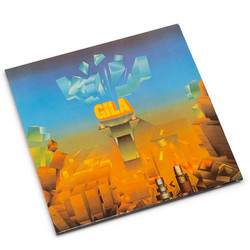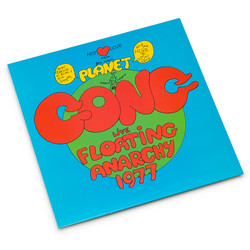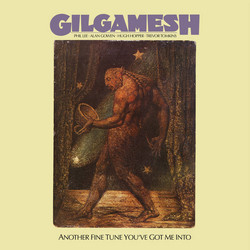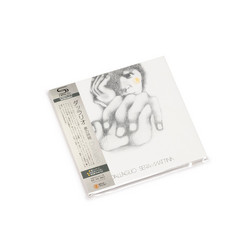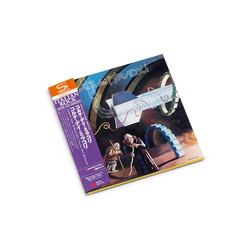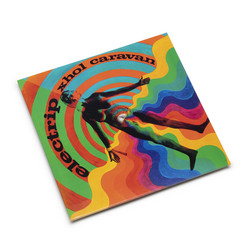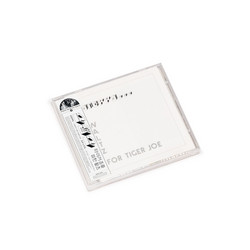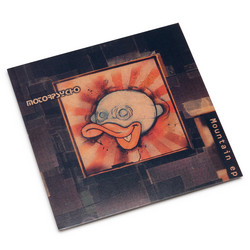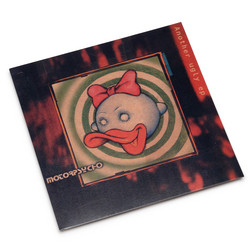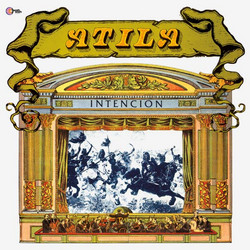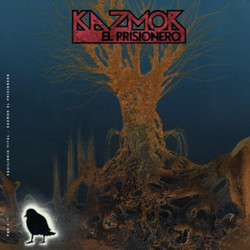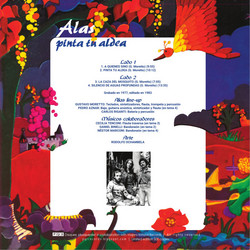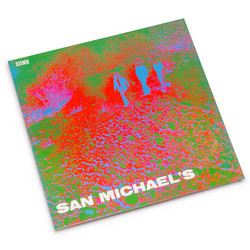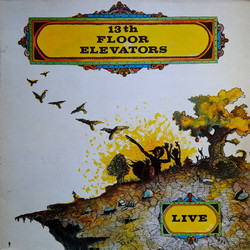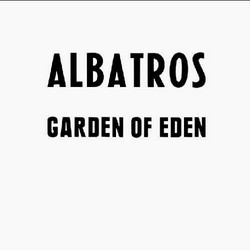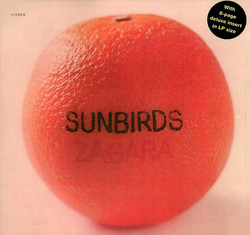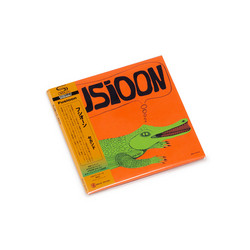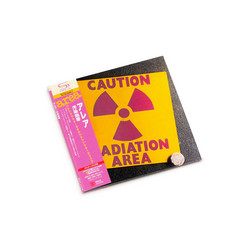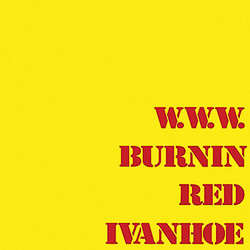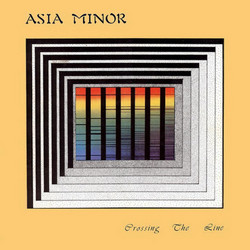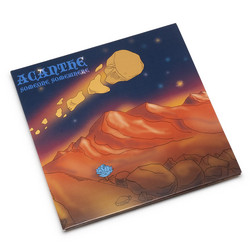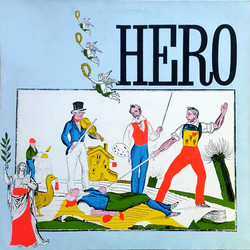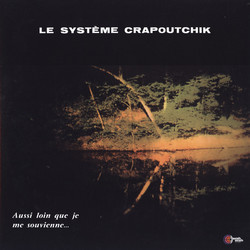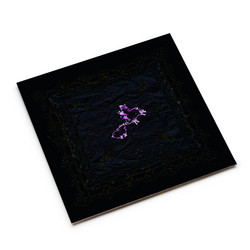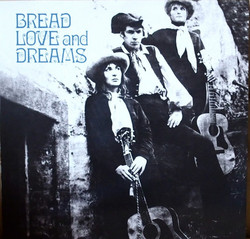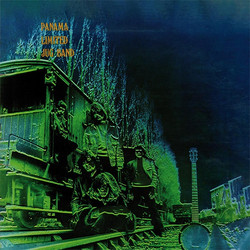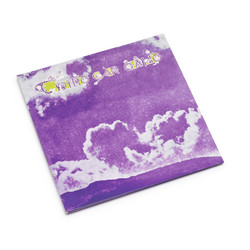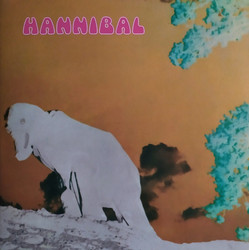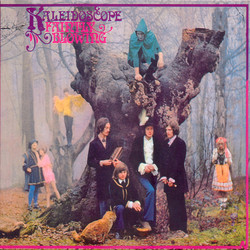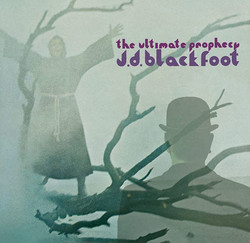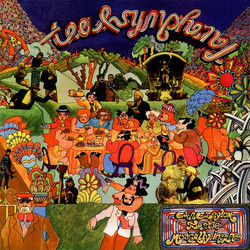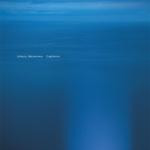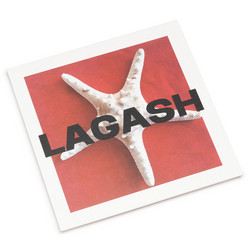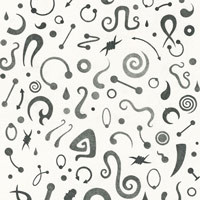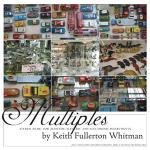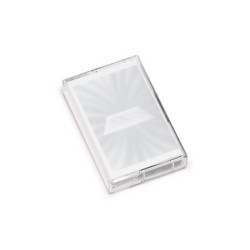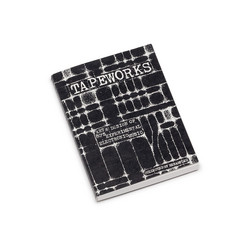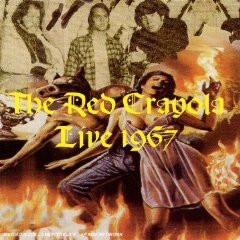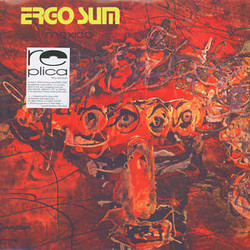The classic 1971 debut-LP by the progressive rock group from Australia sees an awaited reissued on 140-gram black vinyl. This edition is presented with a gatefold sleeve and includes an insert with notes and rare images.
"Australian band Pirana was formed in 1970, founded by Stan White (keyboards), Jim Duke-Yonge (drums), Tony Hamilton (vocals, guitar) and Graeme Thompson (bass) as a new musical venture for the latter three following their tenure in pop band Gus & The Nomads. Their first recording were as a backing band for a solo album by Greg Quill, but in 1971 they were signed by legendary record label Harvest and soon got busy making their debut album.
Pirana hit the shops in 1971, and while the album didn't exactly set the world on fire the band quickly established themselves as a popular live act. This first effort of their owed more than a bit to Santana in overall style, and Pirana were at their best when performing one of his songs, Soul Sacrifice, on stage.
Stan White left the band shortly after the release of their first album, replaced by Keith Greig. And with White out of the band guitarist Hamilton had a more prominent place as a songwriter for Pirana's second effort Pirana II, issued late in 1972. A direct result of that was that the band started moving slightly away from their latin-inspired sound. They never managed to hit the big time with this second effort either though, not even a superb performance at 1972's Sunbury festival gave the band a true commercial breakthrough. Indeed, the latter actually cemented their reputation as a Santana-influenced act, and while their credibility as a live unit soared their merits as a studio unit wasn't by far as heralded. Grieg left the band in 1972, and a flurry of line-up changes followed for the next couple of years, until Pirana fizzled out to disbandment in late 1974." - Prog Archives
"Part of the surprisingly awesome Australasian scene, Pirana were an energetic Sydney-based quartet who first appeared in 1971, issuing two albums on the Harvest imprint before the usual lack of success truncated their all-too- brief career.
Despite it's proximity to the rest of the world, Australia, and latterly New Zealand, did manage to cultivate a small scene of psychedelic and progressive groups, mainly gathered around the clubs and bars of Sydney, Auckland and Melbourne. The likes of Spectrum, Rainbow Theatre, Bakery, Ticket, Mantis, Sebastian Hardie, Band of Light, Ayers Rock, Tamam Shud and Tully showcased a vibrant selection of styles, whether it be acid-licked blues-rock or jazz- influenced symphonic rock, and much like Pirana, original vinyl copies of most of the above are now worth ridiculous sums of money.
With a sound influenced by latin rock outfits Santana and Chango, Jimi Hendrix, British prog and late-sixties garage-rock, Pirana's debut is all heavy guitar-and-organ interplay and colourful instrumental flourishes, though multiple listens also reveal a debt to such non-prog luminaries as Chicago and even early Blood, Sweat & Tears.
Featuring a line-up comprising Tony Hamilton (guitar, vocals), Stan White (keyboards, vocals), Graeme Thomson (bass) and Jim Yonge (drums), the first album is arguably the stronger of the two, yet truth be told the difference is minimal. The same line-up would begin work on Pirana II in 1972, but just a few days into recording keyboardist Stan White was replaced by Keith Greig, which goes some way to explaining the second album's guitar-heavy sound.
Unfortunately, despite backing from EMI, neither of Pirana's albums made much of a mark on the Australian charts, or anywhere else for that matter, and following the lukewarm reception of Pirana II and the constant struggle to find gigs and make a resonable living, the band split in early 1973.
The Australian scene may have been small, and very far away, yet it produced a remarkable number of excellent albums in a very short space of time. Pirana, with their spicy organ runs, busy guitars and energetic jamming make for an excellent entry point for those wanting to take the plunge, and both their albums are highly recommended." - Stefan Turner
